If you’re a history buff, you know that on March 7, 1530, King Henry VIII, who had his annulment denied by Pope Clement VII, separated himself from the Catholic Church and declared himself the new head of the Church of England, spurring on the English reformation. What better day to talk about how to begin collecting history books?
Have you considered beginning a history book collection? What should you know before you do? Here are a few questions to get you started, and to help guide your collecting efforts.
What do you like?
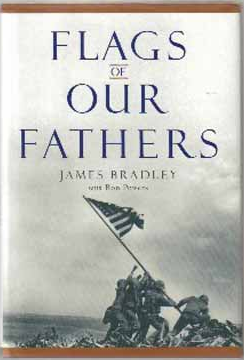 This may seem to be a broad question to begin with, but it is an important one to ask yourself before you start your book collecting endeavor. What do you like? Obviously, if you want to start a history book collection, you like history. But history is a huge topic. Attempting to start a collection that you deem a “history book collection” will likely end up incredibly discombobulated unless you work to narrow your focus.
This may seem to be a broad question to begin with, but it is an important one to ask yourself before you start your book collecting endeavor. What do you like? Obviously, if you want to start a history book collection, you like history. But history is a huge topic. Attempting to start a collection that you deem a “history book collection” will likely end up incredibly discombobulated unless you work to narrow your focus.
What about history interests you? Are you fascinated by the Civil War? Or would you rather study World War II? Maybe the Civil Rights Movement has most captured your attention. Do you like Middle Eastern History? American History? South Carolinian history? You get where we’re going here.
Wherever your interests lie, identify that subsection of history and focus your efforts there. Likewise, be sure the area of history you find fascinating, or that you want to center your collection around, actually makes sense.
For example, if you’re a fan of ancient history, understand that collecting books from long ago is likely going to be incredibly difficult and costly—books that are older are typically rarer, as fewer of them have survived through the years and, as a result, they may be more expensive or more difficult to track down.
Of course, an ancient history collection doesn't have to just include ancient books. Rather, you can find books about ancient history, if that's what interests you.
Likewise, if you’re interested in a specific region’s history, or a specific event in history, consider what types of materials exist to be brought together into a collection. Do such materials exist? This may seem like a basic place to start, but asking yourself these questions up front will save you some angst down the road.
What’s your collecting goal?
After you’ve established what you like and how you’d like to focus your collection, we’d also recommend identifying your collecting goal. What do you hope to accomplish by beginning this collection of history books?
Hopefully, if you’ve picked a subtopic that you are passionate about and that you find interesting, feeling the joy of pulling together a collection surrounding said topic will be a main goal.
Likewise, we’d argue that a great goal for collecting books is for posterity’s sake. What better gift is there to pass on to future generations than the gift of books? History has shown numerous instances wherein the gift of a book collection from one generation to another or one individual to an institution has proved hugely important (Thomas Jefferson's willingness to sell his collection to a fledgling America saved the Library of Congress, for example). Your history book collection could be next!
One reason we believe to be a not so great motivation to begin a book collection (of any kind) is for financial gain. If you’re getting into the business of book collecting solely to make a profit, you’re likely not going to be very successful. Sure, building a valuable collection may very well be a byproduct of putting together a history book collection, but if you’re doing it for that reason alone, you probably aren’t going to be very happy, and there are probably better, less time-consuming investments that you could be making.
How much money do you have?
While we’re on the subject of money, you’ll have to forgive us for being direct with this next question. Ask yourself how much money you have, or rather, how much money you’re willing to put in to this history book collection. Once you answer the money question, you can better identify what types of books you’re going to be looking for to add to your collection.
For example, while you may love Revolutionary History, it is helpful to understand that a work like The Federalist, which includes essays by Alexander Hamilton, James Madison, and John Jay, will set you back nearly a half million dollars. Again, going in with your eyes open will help you avoid future frustration.
You can build a great history book collection on a budget. We’d recommend knowing your budget and working hard to find the best book at that price point.
What do you know about books and collecting books?
So, how do you know what the best book at your price point is? Understanding book collecting terminology and book industry verbiage will help you determine what you’re paying for—and what you should be paying for. Seek out glossaries like this one that we’ve put together, so you can educate yourself on the terms that are thrown out in sellers' descriptions.
Build a relationship with a more serious or experienced book collector. The book collecting community is a tight-knit one, and if you can find a mentor who will help you along in your collecting ways, you won’t be sorry.
Our biggest piece of advice is to do your research before making a purchase, especially when starting out. Bibliographies and guides to first editions are good places to begin.
Over all, have fun with the collecting process! It is a process, and if you’re enjoying the journey to build your collection, then you’re doing it right.
Have a book collection? A history book collection? What are your collecting tips?
Here are a few history topics to get you thinking about building your own collection:
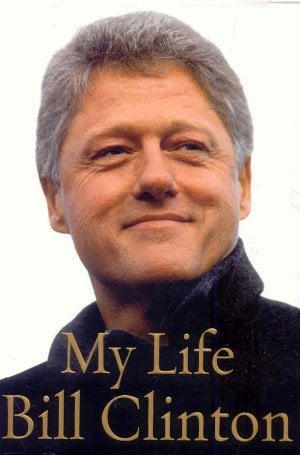 |
U.S. Presidential History/Books Written by Presidents We like this idea because it is both contained enough to keep a collection focus (we've had 45 presidents) and varied enough to keep things interesting. A collection focusing on presidential history can include titles on anything from the Gettysburg Address to Watergate to 9/11 and beyond. Read more >> |
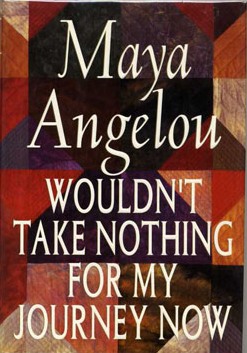 |
History from the perspective of women In this moment, nothing seems more valuable than capturing the perspective and ideas of women over the course of history. While women's voices have notoriously been silenced, bringing together a collection of books by or about strong woman seems right and good. Read more >> |
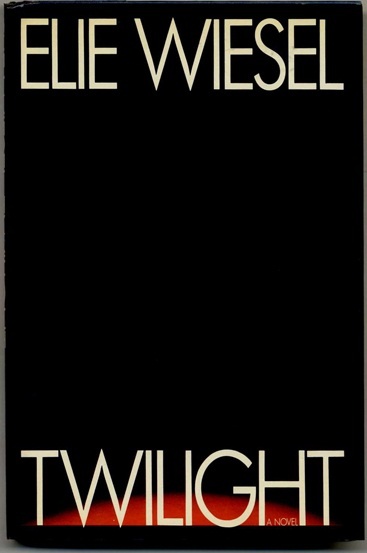 |
The literature of the World Wars includes some of the world's most outstanding literature, including poetry, biography, fiction, and other genres. Collectors of World War literature often incorporate not only books, but also propaganda and other ephemera in their personal libraries. Read more >> |
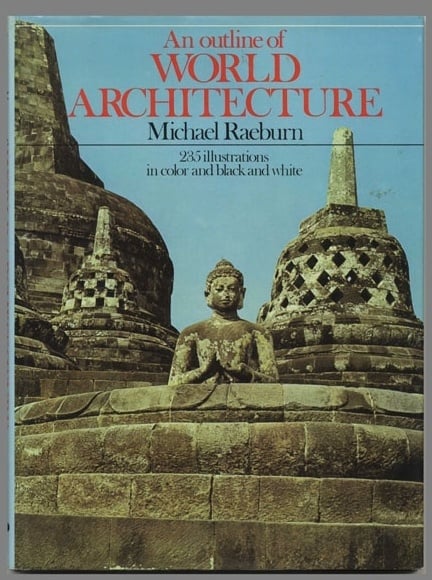 |
The cultures of Asia are also incredibly varied, and collecting books on the history of Asia can certainly be a lifelong pursuit. Read more >> |









